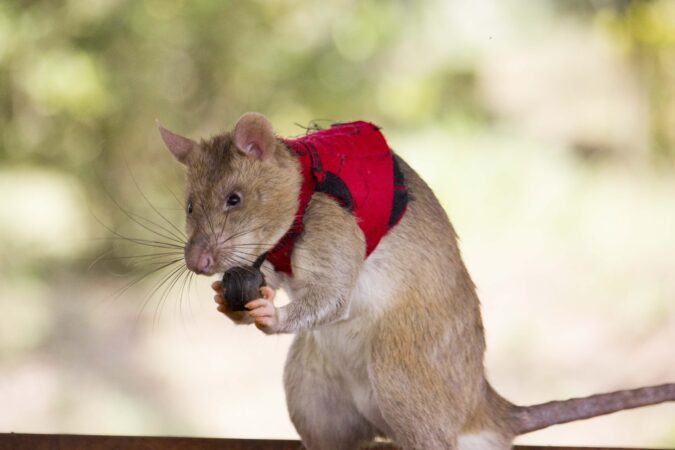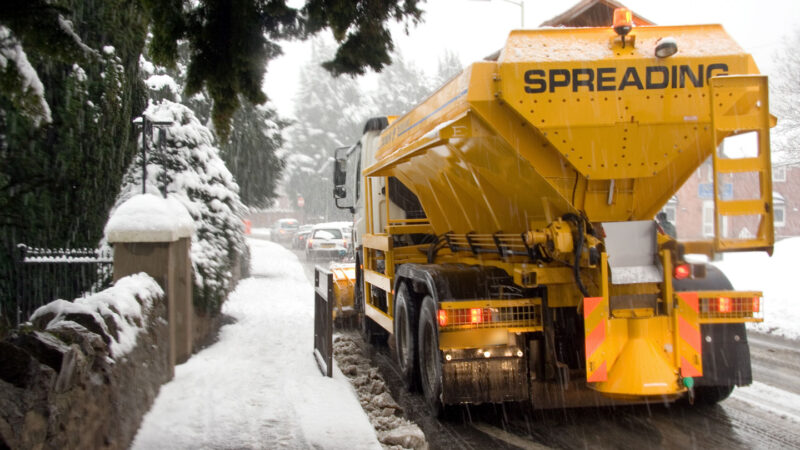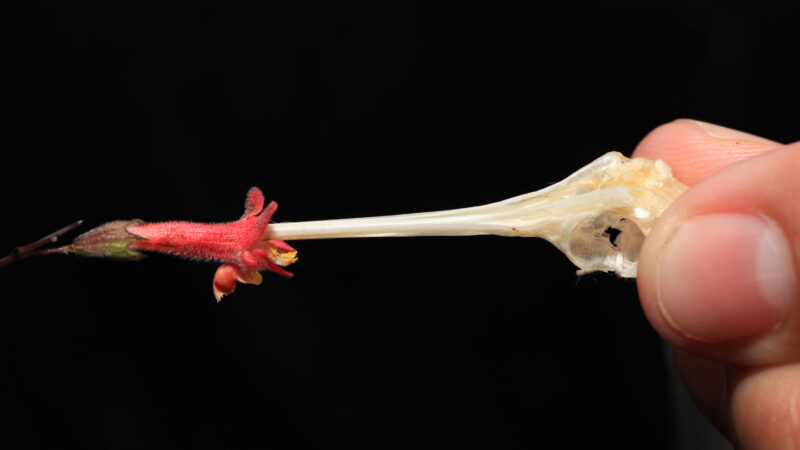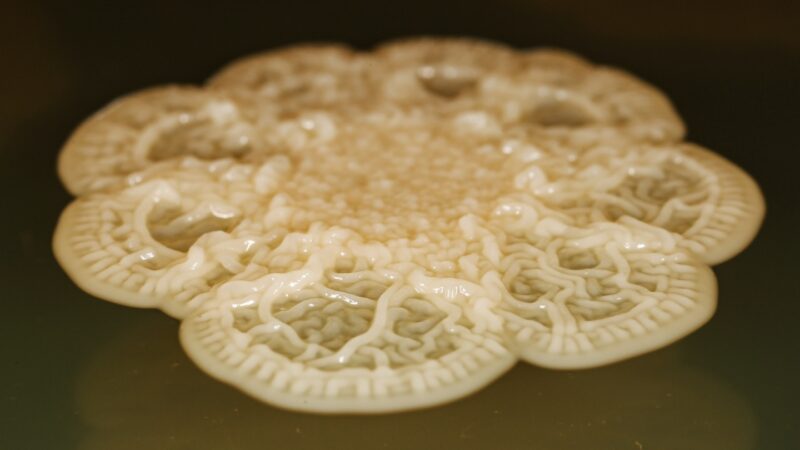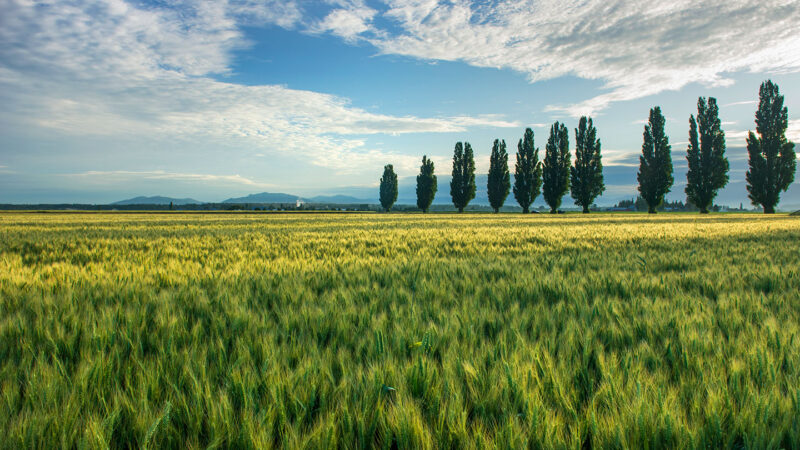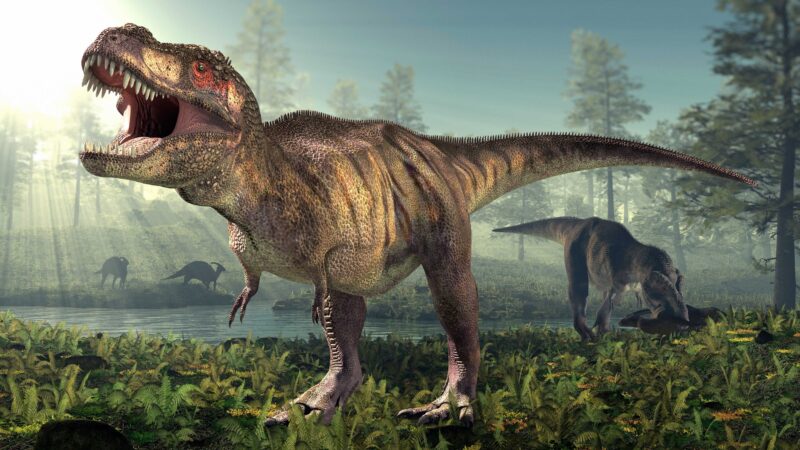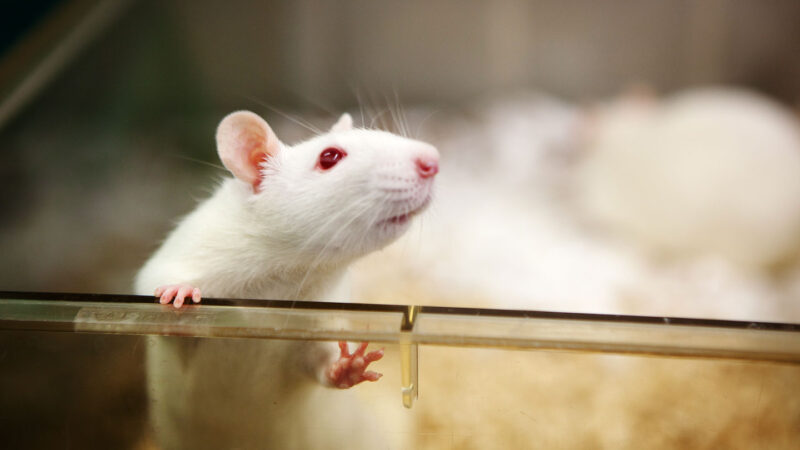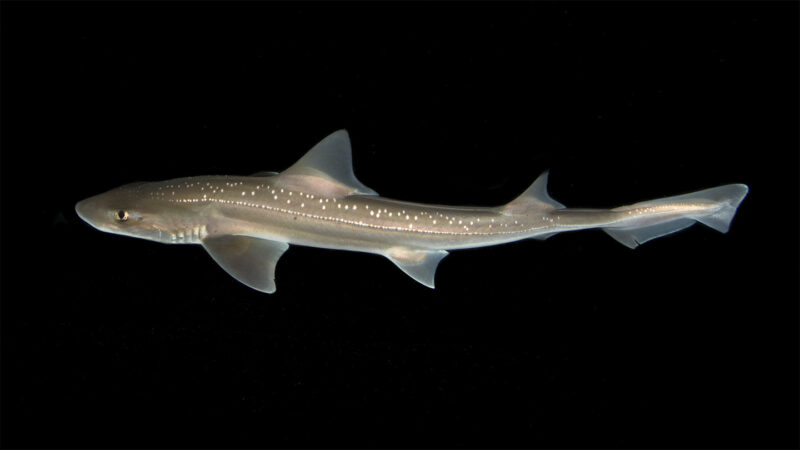Microscopic black holes may be flying through our solar system
Microscopic black holes could be careening through our solar system unnoticed. But their days of stealth may be numbered. Two research teams have just proposed ways to spot such baby…
How does thiamine-fortified salt taste?
Abstract Everyone needs vitamins and minerals to stay healthy. But it’s not always easy to get all you need. Health organizations can help people by fortifying common foods with vitamins…
Giant rat border agents could help put a stop to wildlife poaching
A new kind of border-patrol agent could soon sniff out smuggled goods in African ports. They’re rats that wear tiny red vests. Like dogs, African giant pouched rats have a…
Experiment: What makes ice melt fastest?
Objective: Determine which added material will make ice melt fastest Areas of science: Chemistry Difficulty: Medium intermediate Time required: 2–5 days Prerequisites: None Material availability: Readily available Cost: $20–$50 Safety:…
Scientists Say: Rocket propellants
Rocket propellants (noun, “Rah-kit Pro-PELL-ents”) Rockets need two things to propel them forward. One is fuel. The other is a source of oxygen, or an oxidizer, to help burn that…
Catapulting pollen helps this flower beat out its rivals
Some flowers may be using their pollinators as battlegrounds. Their secret weapon: built-in pollen catapults that help them outcompete rival flowers. In Brazil, red flowers called Hypenia macrantha have both…
New type of division can split this microbe into 14 cells at once
More than 500 species of bacteria thrive in our mouths. But one type seems to play by its own rules. The cells of most bacteria reproduce by splitting in two. Corynebacterium…
Are plants intelligent? It seems to depend on how you define it
It’s a pleasant summer morning. Across a field, a line of poplar trees sways in the breeze. Insects buzz and flit among the branches. Everything seems calm and peaceful. But…
How can we detect rare animals?
Abstract Did you know that scientists can use DNA to figure out which organisms have been in an area? Organisms leave DNA behind in the environment. We call this DNA…
Analyze This: How big was the biggest T. rex?
Tyrannosaurus rex towered over many other dinosaurs. But the biggest of the king of the dinos may have been even heftier than fossils hint. Only around 80 fossil T. rex…
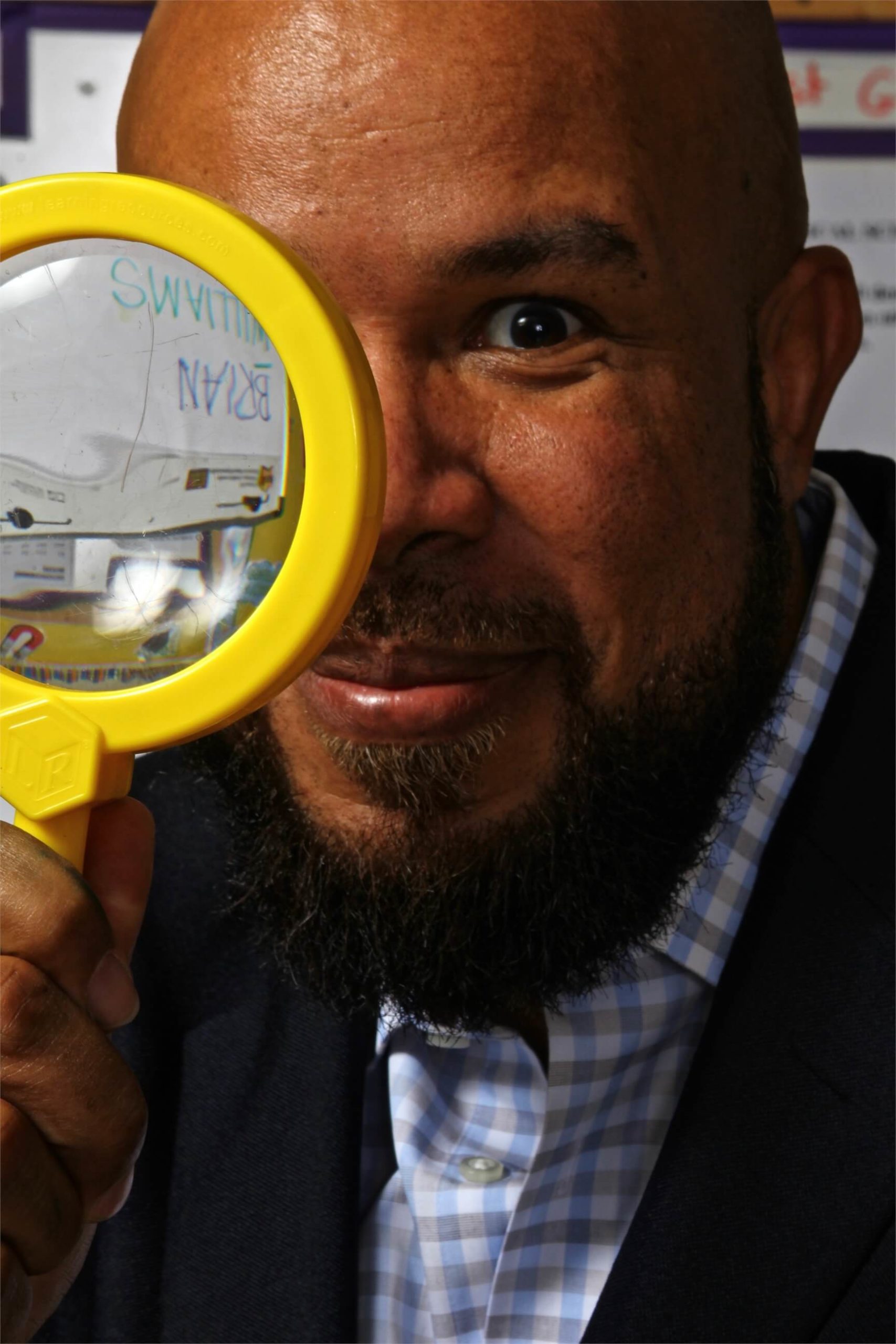
Get to Know
Brian Williams
recent post
follow us
QUICK LINK
GET INTOUCH
- randy.patel@mail.com
-
LA-Studio
2231 Redbud Drive
Whitestone, NY 11357
Copyright 2022 by LA-Studio
Supported by


